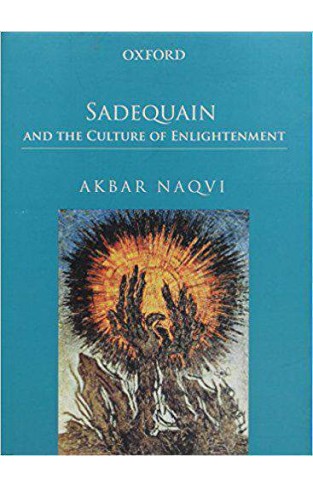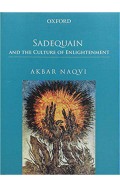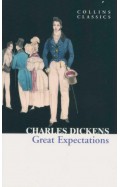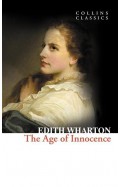Sadequain and the Culture of Enlightenment
By: Akbar Naqvi
-
Rs 1,575.00
- Rs 1,750.00
- 10%
You save Rs 175.00.
Due to constant currency fluctuation, prices are subject to change with or without notice.
| Book | |
| What's in the Box? | 1 x Sadequain and the Culture of Enlightenment |
Sadequain and the Culture of Enlightenment
By: Akbar Naqvi
Rs 1,575.00 Rs 1,750.00 Ex Tax :Rs 1,575.00
Zubin Mehta: A Musical Journey (An Authorized Biography)
By: VOID - Bakhtiar K. Dadabhoy
Rs 472.50 Rs 1,050.00 Ex Tax :Rs 472.50
The Legend of Sadequain: Renaissance of Calligraphic Art
By: Dr salman ahmad
Rs 13,500.00 Rs 18,000.00 Ex Tax :Rs 13,500.00
The Origins of Political Order From Prehuman Times to the French RevolutioN
By: Francis Fukuyama
Rs 3,505.50 Rs 3,895.00 Ex Tax :Rs 3,505.50
The Legend of Sadequain: Renaissance of Calligraphic Art
By: Dr salman ahmad
Rs 13,500.00 Rs 18,000.00 Ex Tax :Rs 13,500.00
No recently viewed books available at the moment.
Zubin Mehta: A Musical Journey (An Authorized Biography)
By: VOID - Bakhtiar K. Dadabhoy
Rs 472.50 Rs 1,050.00 Ex Tax :Rs 472.50
Sadequain and the Culture of Enlightenment
By: Akbar Naqvi
Rs 1,575.00 Rs 1,750.00 Ex Tax :Rs 1,575.00
The Legend of Sadequain: Renaissance of Calligraphic Art
By: Dr salman ahmad
Rs 13,500.00 Rs 18,000.00 Ex Tax :Rs 13,500.00














-120x187.jpg?q6)












-120x187.jpg?q6)

